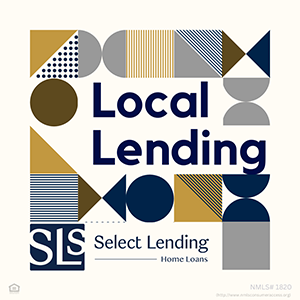
Do You Need a Job to Get a Mortgage?
If you’re between jobs or retired—or not working and considering retirement—you can still buy a home and get a mortgage that will require you to make monthly payments.
While you don’t need a job to get a mortgage, what you do need is income. And there are many types of income that lenders will accept for a mortgage loan. You’ll likely need to have a few of them to qualify, and you’ll need to document them. Here are some sources of income beyond having a job:
Social Security
Retirees aren’t the only people receiving Supplemental Security Income (SSI), which is a form of income. You may be on permanent disability or dependent on someone and receive SSI income.
Pension
If a former employer is sending you a regular check each month, it should be easy to document this income with bank statements or an award letter.
Retirement Fund Withdrawals
IRA withdrawals are required at a certain age. At age 59 1/2, you can withdraw any amount from your IRA without having to pay the 10 percent penalty; however, your regular income tax will be due on each withdrawal. Traditional IRA distributions aren’t required until after age 70 1/2. Most mortgage lenders will require having enough money in your retirement accounts to support withdrawals for at least five years.
Spousal or Child Support
You aren’t required by law to reveal income from spousal or child support, but you can if you want to, especially if it’s needed to qualify for a mortgage. The income should continue for at least three years, which should be stated in a divorce decree or child support agreement.
Dividend and Interest Income
If your investments are earning you money, that income can help you qualify for a mortgage. Most lenders will average the last two years of income as reported to the IRS, so lenders will need tax returns to use this income.
Asset-Based Income
Aside from any restricted retirement accounts, investments and savings that don’t have dividend or interest income can be used as income to qualify for a mortgage. These funds should be substantial, since Fannie Mae and Freddie Mac rules divide those assets by the number of months in which the loan will be repaid.
Private Loans
If you’ve loaned someone money and they’re paying you back, or you sold a house or business and are carrying a loan note that’s being repaid to you, these can qualify as income. Payments must last for at least three years to qualify as income toward a mortgage. A copy of the note and bank statements showing payments received will be required.
This article is intended for informational purposes only and should not be construed as professional or legal advice.

